11 Strategies to Deal with Disappointment in Life
By Julian Lewis • September 25, 2023
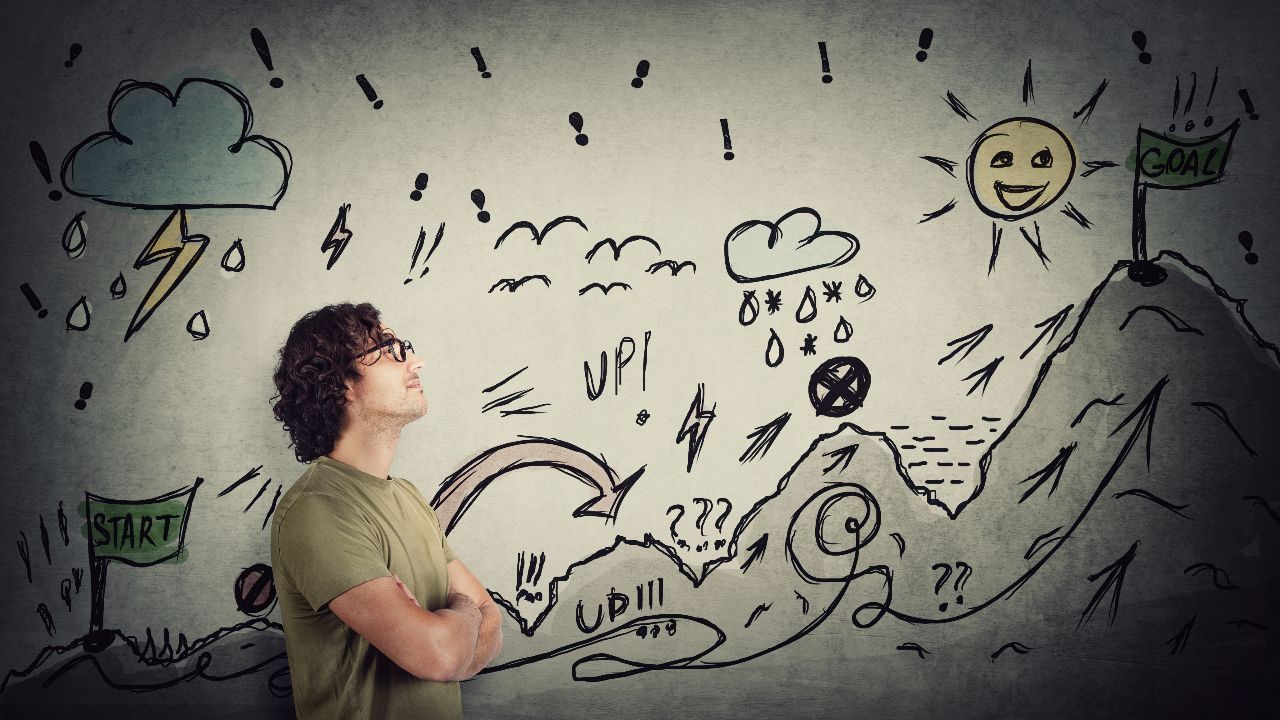
You've planned a big night out, researched the restaurant, read the reviews, and carefully selected the ideal meal in your mind. You arrive, expectations sky-high, only to discover the experience was a big disappointment. Sound familiar? Disappointment is an unavoidable aspect of life. Whether it's a missed promotion, a broken relationship, or something as simple as a meal that didn't live up to the hype, we all experience disappointment at various points in our lives.
But did you know that the experience of disappointment doesn't just impact your emotions? It also has a tangible effect on your physical health. Stress hormones flood your body, your heart rate may increase, and you might even feel a sense of physical fatigue. In other words, disappointment isn't just a mental ordeal; it's a whole-body experience.
So, how can we deal with disappointments in a healthy way? How can we focus on personal growth instead of sinking into negative emotions? Stick around, and we'll dive deep into these questions, offering constructive ways to manage life's inevitable letdowns.
Join our Newsletter
Transform your career with our personal growth insights. Get one valuable tip right in your inbox every Saturday morning.
The Anatomy of Disappointment: What Happens When Expectations Meet Reality
We've all been there—setting our hopes sky-high only for reality to crash them down. It's the classic high expectations vs. actual outcome scenario. But what really happens in that moment when you realize things haven't gone as expected?
High expectations aren't necessarily a bad thing. They can drive us to strive for excellence, push our limits, and achieve success. However, when our expectations are set unrealistically high, or when life throws a curveball, the descent into disappointment can be swift and devastating. The gap between what you expected and what actually happens is the breeding ground for disappointment. And this isn't merely an emotional letdown. This gap can have real physical consequences.
Disappointments not only foster negative feelings like sadness and anger, but they also manifest physically. Stress hormones like cortisol spike, your breathing may become shallow, and even your heart rate can be affected. This emotional and physical toll becomes a two-pronged attack on your well-being. And if you don't deal with these disappointments in a healthy way, the long-term consequences can range from chronic stress to a sense of perpetual dissatisfaction with life.
So, it's crucial to understand the anatomy of disappointment. By doing so, we can better manage our expectations and equip ourselves to handle disappointments in a more constructive manner.
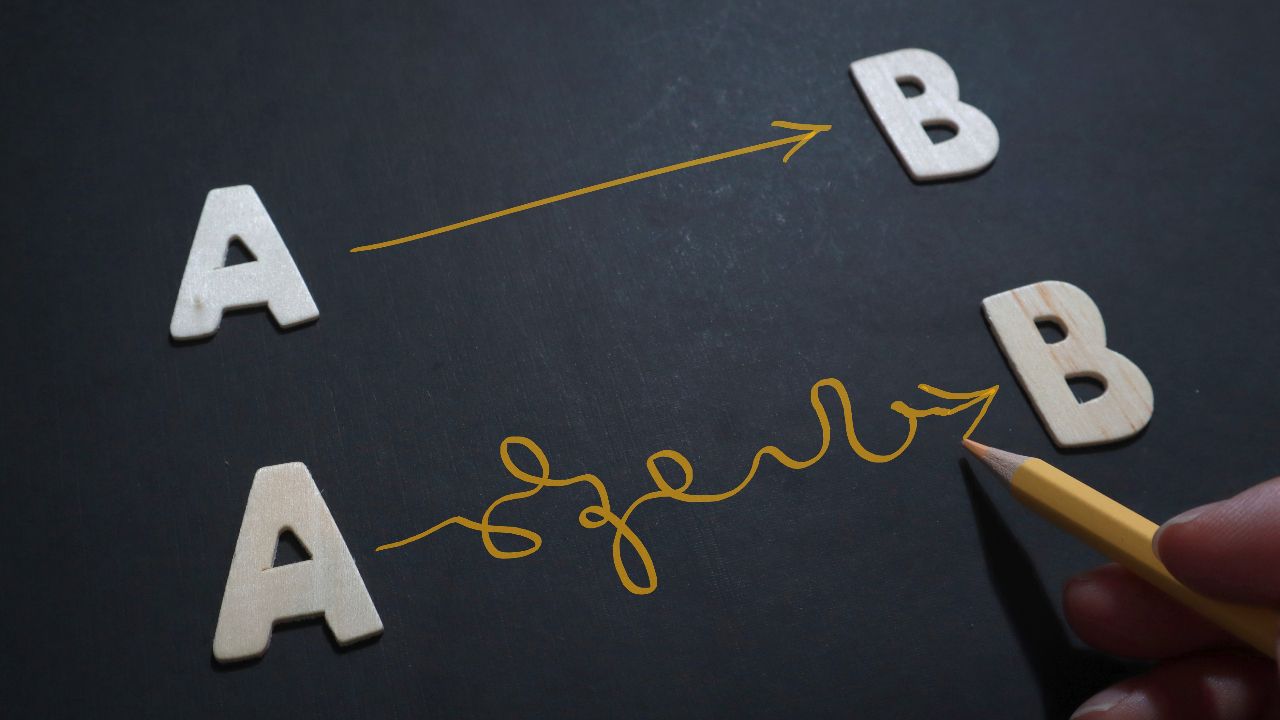
Types of Disappointments: From Mild Letdowns to Bitter Disappointment
Ever notice how not all disappointments are created equal? Some are like minor scratches—a canceled meeting, perhaps, or a movie that didn't quite meet expectations. Others, however, can feel like a sledgehammer to the chest. We're talking about those life-altering moments of bitter disappointment that can shake you to your core.
Disappointments come in various flavors: mild, moderate, and bitter. While a mild letdown may result in a passing emotion of sadness, the effects of a bitter disappointment can be far more enduring, impacting not just your mental state but also your physical well-being. In extreme cases, the stress can even trigger physical health issues like increased blood pressure or insomnia.
Understanding the different types of disappointments is crucial. By categorizing them, you can tailor your coping mechanisms and not let a mild letdown escalate into a world of negative feelings. Recognizing the impact of each type on your well-being can also guide you toward healthier ways of dealing with life's inevitable setbacks.
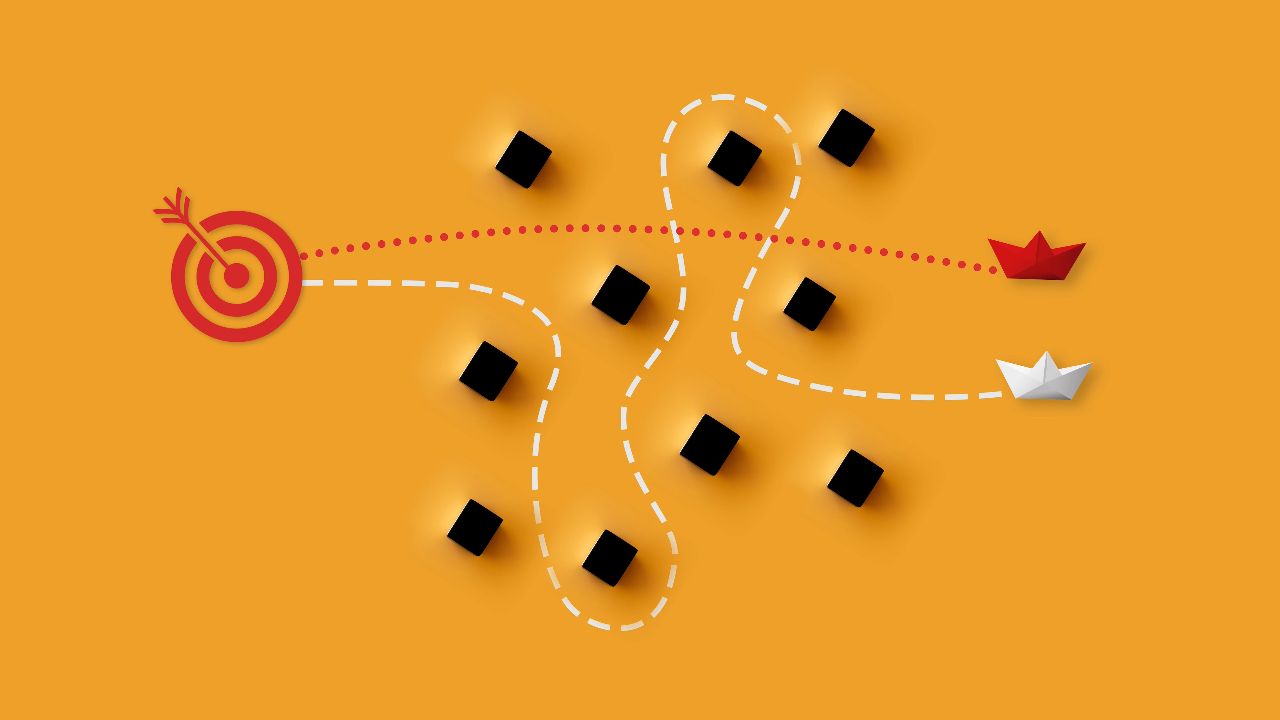
How We Experience Disappointment: The Emotional and Physical Layers
Disappointment is an inescapable part of life, but have you ever stopped to consider its many layers? It's not just an emotional struggle; it can also have a tangible impact on your physical health. The negative feelings of sadness and anger are the emotional symptoms we're all familiar with. Yet, many of us may not recognize the signs our bodies give us when we experience disappointment.
Perhaps you've felt your stomach tighten, or maybe your heart rate picks up when your high expectations go unmet. These physical symptoms aren't just random occurrences but are deeply connected to the emotional whirlpool of disappointment. Ignoring these symptoms can lead to feeling overwhelmed in the long run, both emotionally and physically.
As we delve deeper into how to handle disappointment in a healthy way, it's essential to become aware of these intertwined emotional and physical layers. By doing so, you can more constructively deal with the disappointments that inevitably happen in life, and better manage your overall well-being.
Join our Newsletter
Transform your career with our personal growth insights. Get one valuable tip right in your inbox every Saturday morning.
Strategies to Deal with Disappointment Constructively
Life often throws curveballs, despite meticulous planning and high expectations. Disappointment can follow, and while it's a common emotion, the way we handle it makes all the difference. Here are some proactive strategies to deal with disappointment constructively:
- Acknowledge Your Feelings: It's crucial to acknowledge your disappointment rather than suppressing it. Allow yourself to feel the emotion and understand its root cause.
- Seek Support: Talk about your disappointment with trusted friends or family. They can provide a fresh perspective and emotional support, helping you to process your feelings constructively.
- Adjust Expectations: Re-evaluate and adjust your expectations to align better with reality. It’s essential to set realistic and attainable goals to prevent recurrent disappointment.
- Practice Mindfulness and Relaxation Techniques: Engage in mindfulness practices like meditation or yoga to alleviate stress and gain clarity. These techniques can help you navigate through disappointment with a calm and clear mind.
- Focus on Solutions: Instead of dwelling on the disappointment, channel your energy towards finding solutions or alternatives. What can you learn from the situation? What steps can you take to improve or prevent a similar disappointment in the future?
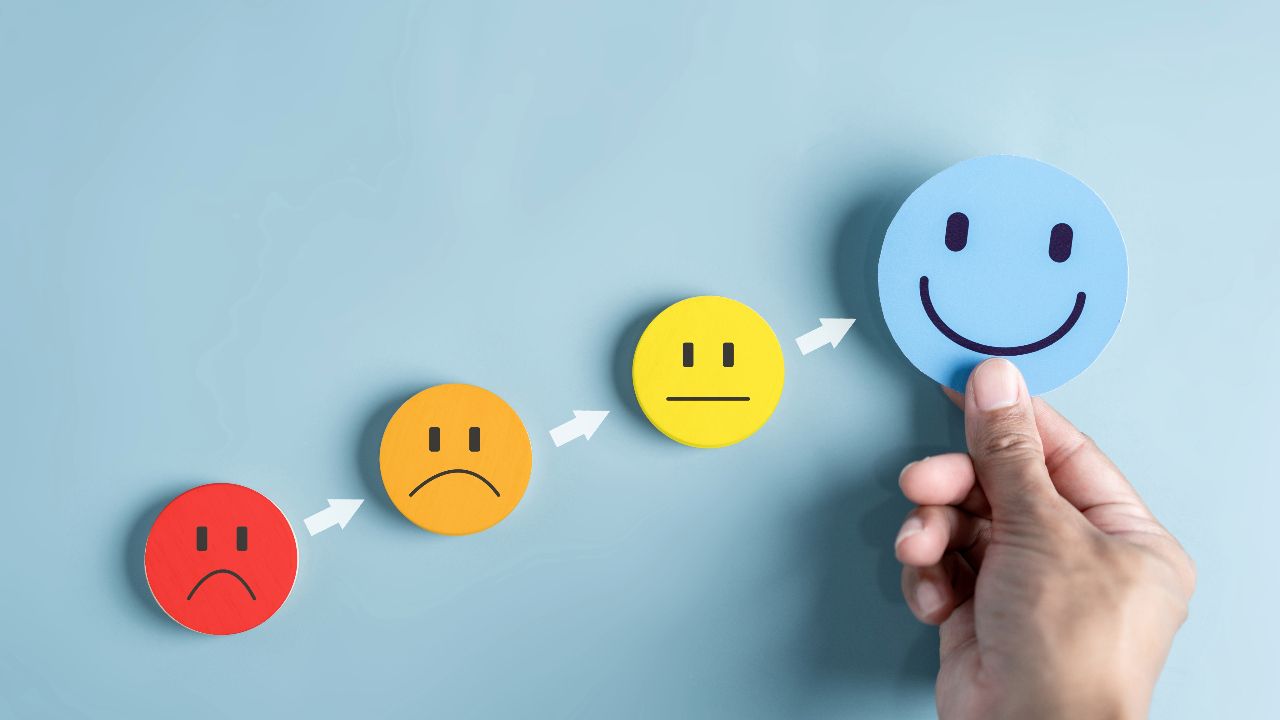
- Develop Resilience: Cultivate a resilient mindset that embraces challenges and learns from them. Resilience will help you bounce back from disappointment and face future setbacks with strength.
- Maintain a Positive Outlook: Try to maintain a positive outlook despite the setback. Focus on the things that are going well, and practice gratitude to shift your mindset.
- Seek Professional Help if Necessary: If you find it challenging to handle disappointment on your own, consider consulting a professional counselor or psychologist who can help you develop coping strategies.
- Explore New Avenues: If a particular situation or outcome has led to disappointment, explore new opportunities or avenues that might lead to satisfaction and personal growth.
- Establish a Healthy Routine: Maintain a healthy lifestyle that includes regular exercise, a balanced diet, and adequate sleep. A healthy routine can bolster your emotional and physical resilience to handle disappointments better.
- Educate Yourself: Read books or attend workshops on emotional intelligence, coping mechanisms, and personal development to equip yourself with the knowledge to deal with life's disappointments.
Implementing these strategies can help you deal with disappointments in a healthier and more constructive manner. Remember, disappointments are a part of life, but they do not define you. With the right coping mechanisms, support, and a positive outlook, you can navigate through them and emerge stronger on the other side.
Learn more about improving your mental wellness with daily habits on Zella Life's blog.
The Role of Positive People in Easing Disappointment
When disappointment strikes, it's easy to spiral into a vortex of negative emotions. But did you know that the company you keep can make a world of difference? Surrounding yourself with positive people can act as a buffer against the harmful effects of disappointment. Not only can they uplift your spirits, but they also provide a valuable perspective that helps you cope with the situation in a healthy way. So, next time you're hit with a letdown, think twice about who you seek out. A positive presence could be just what you need to turn the tide.
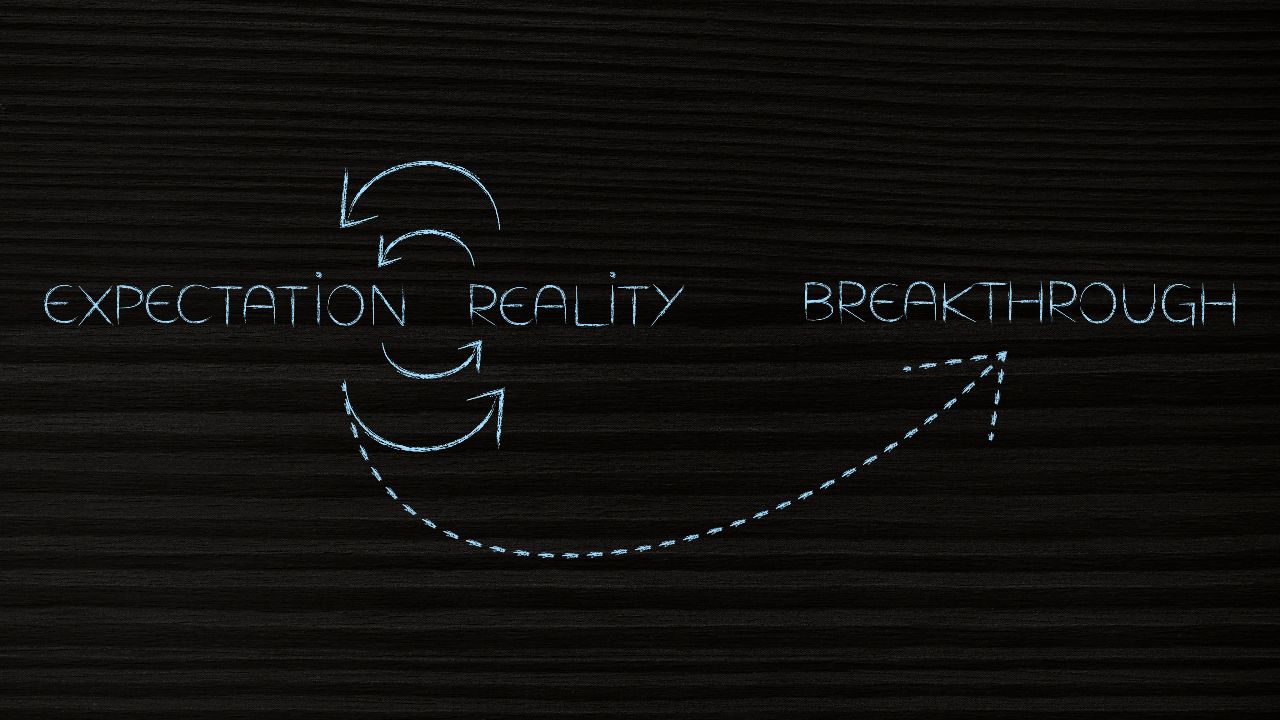
Overcoming Disappointment for Personal Growth
We've all been there—disappointment rears its ugly head and leaves us reeling. Whether it's high expectations that weren't met, or life taking an unexpected turn, disappointment is a common emotion we all experience. However, have you ever stopped to think that overcoming disappointment can pave the way for personal growth?
Navigating through the feelings and emotions that accompany disappointment is challenging, but if you focus on constructive strategies, the experience can become a catalyst for change. Learning how to deal with disappointment constructively can, in the long run, not only bring about a sense of happiness but also enrich your life with a newfound perspective.
Talking it out with supportive friends, setting new and realistic expectations, and accepting the reality of the situation are just a few ways to transform a big disappointment into an opportunity for growth. Remember, it's not the setbacks but how you handle them that truly defines you.
Preparing for Future Disappointments: A Reality Check
Life is full of twists and turns, and disappointments are inevitable. But what if you could arm yourself with the emotional resilience and realistic expectations needed to face these setbacks? A reality check now can save you from bitter disappointment in the future.
Whether it's the outcome of a job interview, an anticipated event, or a personal relationship, setting reasonable expectations helps you prepare for the rollercoaster of life's ups and downs. By equipping yourself with emotional resilience techniques, you'll not only cope better with disappointments but also be well-positioned to seize new opportunities.
Being proactive rather than reactive in dealing with disappointment can be a game-changer. It's not about avoiding challenges but mastering the skills to face them head-on. Take charge of your emotional well-being now to make life's disappointments more manageable later.
Conclusion: Transcending Disappointment for a Fuller Life
Disappointment is a universal human experience that you can neither escape nor ignore. Whether you're dealing with a mild letdown or a significant life event, your approach to handling disappointment often shapes your life's course. The intersection between disappointment and well-being—both emotional and physical—is profound. Yet, remember: it's not the disappointments but how we deal with them that defines us. By embracing constructive coping mechanisms, fostering emotional resilience, and surrounding ourselves with positive people, we can not only manage but also transcend disappointment, leading to a more fulfilling life.
Read more about: Well-being
About Julian Lewis
Julian Lewis is a driven and accomplished professional with a passion for driving positive change in the business world. He is the co-founder and COO at Zella Life.
His own experience as a professional of color in a Fortune 500 company led him to discover the limitations for advancement that many professionals like himself face. Determined to reach his full potential, Julian became an established business coach and entrepreneur, committed to supporting others in their pursuit of personal and professional growth.
Today, Julian is a recognized corporate trainer, coach, and leader, known for his ability to leverage real-life experiences and evidence-based methodologies to affect positive change within individuals and organizations. As the leader of Zella Life's coaching division, he is dedicated to empowering individuals and businesses to achieve their full potential.